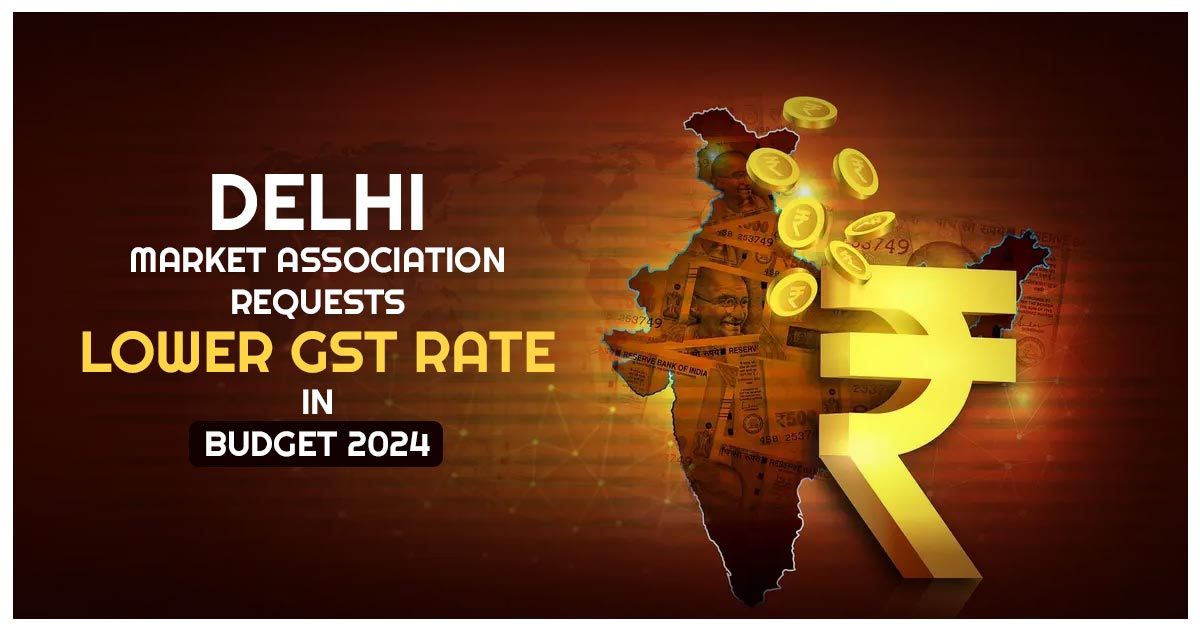
In multiple proposals sent to Finance Minister Nirmala Sitharaman before the upcoming Union Budget on July 23, the Delhi Market Association has requested that the FM consider lowering the Goods and Services Tax (GST) rates on various items and shop rentals to help grow sales.
According to Vikram Bhasin, President of the GK-2 Market Association, the Association has a number of recommendations for the upcoming budget 2024-25. First of all, they want the government to lower the GST on shop rentals. Shopkeepers are struggling because of very high rentals in some markets, including South Delhi, and a high GST rate of 18 per cent on rent.
According to another association member, GST is good for the business, but basic items and essential goods should be kept under the minimum tax bracket. Aluminium utensils, for instance, are considered essential items purchased and used by middle-class families, so they should be eligible for 5 per cent GST only.
Read Also: Major Key Expectations from the Union Budget FY 2024–25
The Association and traders have previously also raised issues of high property taxes charged by the Municipal Corporation of Delhi (MCD), which delivers only mediocre services and facilities. While traders are paying high taxes on services, they need to be provided with equivalent facilities.
Lovely Sahni, President of Krishna Nagar Market, noted that traders have also been demanding a revision in the income tax slab, which is long overdue and is putting severe pressure on their incomes.
Some of the common taxes that traders in various markets in Delhi have to pay include conversion charges, commercial house tax charges, and commercial electricity bill charges, as notified by an official of the Gandhinagar Readymade Market Association.
He also noted that the MCD has been consistently failing to meet the traders’ needs for basic facilities such as sanitation and systemic parking in major markets. Because of the lack of adequate parking, the number of traders and customers coming from outside has reduced significantly.








